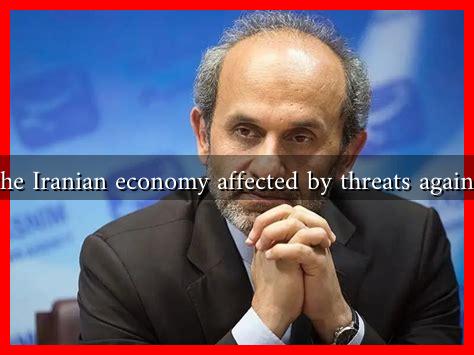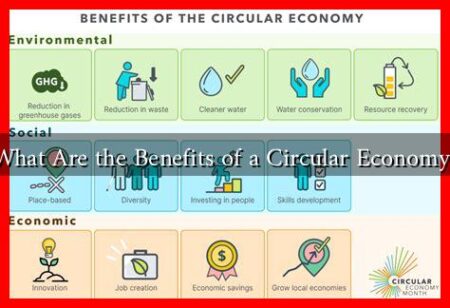-
Table of Contents
How is the Iranian Economy Affected by Threats Against Israel?
The Iranian economy is intricately linked to its geopolitical stance, particularly regarding its adversarial relationship with Israel. The threats and tensions between these two nations have far-reaching implications not only for regional stability but also for Iran’s economic landscape. This article explores how these threats impact Iran’s economy, examining various dimensions such as trade, military expenditure, and international relations.
The Geopolitical Context
Iran and Israel have been embroiled in a long-standing conflict characterized by mutual distrust and hostility. Iran’s support for groups like Hezbollah and Hamas, which are openly hostile to Israel, has led to a cycle of threats and counter-threats. This geopolitical tension has significant economic ramifications for Iran, affecting its trade relationships, foreign investments, and overall economic stability.
Impact on Trade Relations
One of the most immediate effects of threats against Israel is the impact on Iran’s trade relations.
. The Iranian economy is heavily reliant on oil exports, which account for a significant portion of its revenue. However, the ongoing tensions can lead to:
- Sanctions: The U.S. and its allies have imposed stringent sanctions on Iran, particularly targeting its oil exports. These sanctions are often justified by Iran’s threats against Israel and its nuclear ambitions.
- Reduced Foreign Investment: Foreign investors are wary of engaging with Iran due to the potential for conflict and instability. This hesitance is exacerbated by the fear of U.S. sanctions, which can extend to companies doing business with Iran.
- Disrupted Trade Routes: The threat of military conflict can disrupt shipping routes in the Persian Gulf, leading to increased shipping costs and insurance premiums, further straining Iran’s economy.
Military Expenditure and Economic Strain
In response to perceived threats from Israel, Iran has significantly increased its military expenditure. This focus on military capabilities diverts resources away from essential sectors such as healthcare, education, and infrastructure. The consequences include:
- Budget Allocation: A larger portion of the national budget is allocated to defense spending, which limits investment in social programs and economic development.
- Inflation and Economic Instability: Increased military spending can lead to inflationary pressures, as the government may resort to printing money to fund its military ambitions.
- Opportunity Costs: Resources spent on military capabilities could have been invested in technology, renewable energy, or other sectors that could drive economic growth.
International Relations and Economic Isolation
The Iranian economy is also affected by its international relations, particularly with Western nations. The threats against Israel often serve as a rallying point for these nations to impose or maintain sanctions against Iran. This isolation has several economic consequences:
- Limited Access to Global Markets: Sanctions restrict Iran’s ability to engage in international trade, limiting its access to essential goods and services.
- Currency Devaluation: The Iranian rial has faced significant devaluation due to sanctions and economic isolation, leading to increased costs of imports and a decline in living standards.
- Dependence on Non-Western Allies: Iran has increasingly turned to countries like China and Russia for trade and investment, which may not provide the same level of economic benefits as Western partnerships.
Case Study: The 2015 Nuclear Deal and Its Aftermath
The Joint Comprehensive Plan of Action (JCPOA), commonly known as the Iran nuclear deal, was a significant moment in Iran’s economic history. Initially, the deal led to a temporary easing of sanctions and a boost in economic activity. However, the U.S. withdrawal from the agreement in 2018 and the subsequent re-imposition of sanctions led to:
- Economic Contraction: Iran’s GDP contracted significantly, with estimates suggesting a decline of over 6% in 2018 alone.
- Increased Inflation: Inflation rates soared, reaching over 40% in 2019, severely impacting the purchasing power of ordinary Iranians.
- Heightened Tensions: The renewed threats against Israel and military confrontations in the region further exacerbated the economic situation, leading to a cycle of instability.
Conclusion
The Iranian economy is profoundly affected by the ongoing threats against Israel. From trade relations and military expenditure to international isolation, the repercussions are extensive and multifaceted. As Iran continues to navigate its complex geopolitical landscape, the economic implications of its adversarial stance towards Israel will remain a critical factor in shaping its future. Understanding these dynamics is essential for grasping the broader implications for regional stability and global economic trends.
For further reading on the impact of sanctions on Iran’s economy, you can visit Brookings Institution.





